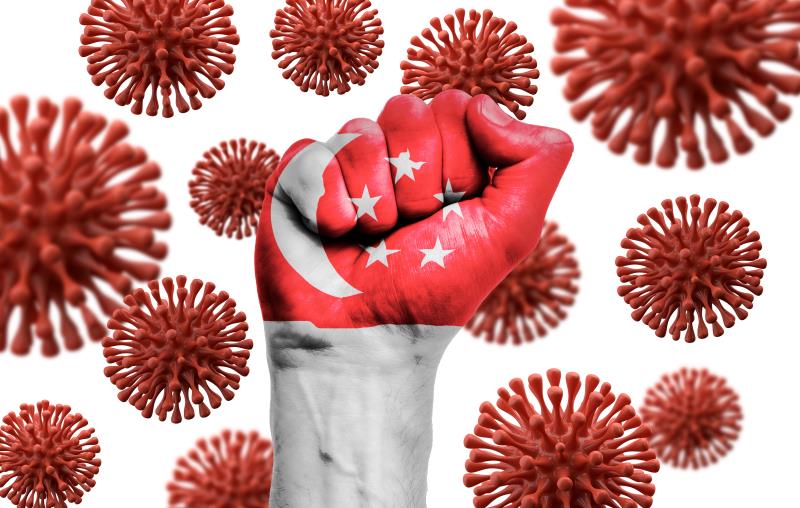Remdesivir gets SG nod for severe COVID-19





Singapore’s Health Sciences Authority (HSA) has granted a conditional approval to remdesivir for the treatment of severe COVID-19, sparking hope for that elusive cure.
The approval is for adults with COVID-19 who have oxygen saturation of 94 percent or less, require supplemental oxygen, or more invasive breathing support such as extracorporeal membrane oxygenation (ECMO) or invasive mechanical ventilation. [https://www.hsa.gov.sg/docs/default-source/default-document-library/hsa-update-on-the-conditional-approval-of-remdesivir_final.pdf; accessed 15 June 2020]
Remdesivir is a nucleotide analog prodrug with broad-spectrum antiviral activity both in vitro and in animal models against several viral pathogens.
Since March 2020, the HSA has allowed early access to remdesivir for use in clinical trials.
The conditional approval was based on findings from two trials of patients with severe COVID-19. One was a randomized, placebo-controlled study by the National Institutes of Health; the other, which had no placebo arm, was by remdesivir maker Gilead Sciences. Singapore enrolled 100 patients in both trials.
Data from ongoing clinical studies will be submitted to the HSA as part of the condition for remdesivir approval and to monitor the safety and efficacy of the drug. Meanwhile, the HSA is working with the Ministry of Health to further define the subcategory of patients who will benefit most from remdesivir.
Singapore is one of the first countries in Asia, including Japan and Taiwan, to have greenlighted remdesivir for severe COVID-19. On June 16, Singapore reported 151 new cases, bringing the total cases to 40,969, with 26 deaths.
Shorter recovery time with remdesivir
Early data from a multinational trial of 1,063 adult patients hospitalized for COVID-19 with pulmonary involvement indicated that a 10-day course of remdesivir accelerated the time to recovery (median 11 vs 15 days with placebo; rate ratio for recovery, 1.32; p<0.001 ). Mortality at day 14 was numerically lower with remdesivir (7.1 percent vs 11.9 percent), but the difference was not statistically significant. [N Engl J Med 2020;doi: 10.1056/NEJMoa2007764]
The greatest benefit was observed in patients who had severe illness (ie, hypoxia or require supplemental oxygen) but not yet intubated. Almost 80 percent of patients were enrolled at sites in North America, 15.3 percent in Europe, and 4.9 percent in Asia.
“Our preliminary report is intended to help inform clinicians considering the use of remdesivir,” said the trial investigators.
In May 2020, the US FDA has granted an emergency use authorization (EUA) for remdesivir in hospitalized adults and children with severe COVID-19, defined as SpO2 ≤94 percent on room air, requiring supplemental oxygen, mechanical ventilation, or ECMO.
Under the EUA, the drug is to be administered via intravenous infusion for either a five-day or a 10-day dose in an in-patient hospital setting. A 10-day treatment regimen is recommended for intubated patients.
Trial for combination treatment underway
The ACTT 2 trial of remdesivir plus the anti-inflammatory drug baricitinib is currently enrolling patients to determine if outcomes can be improved in those given the combination treatment vs remdesivir alone.